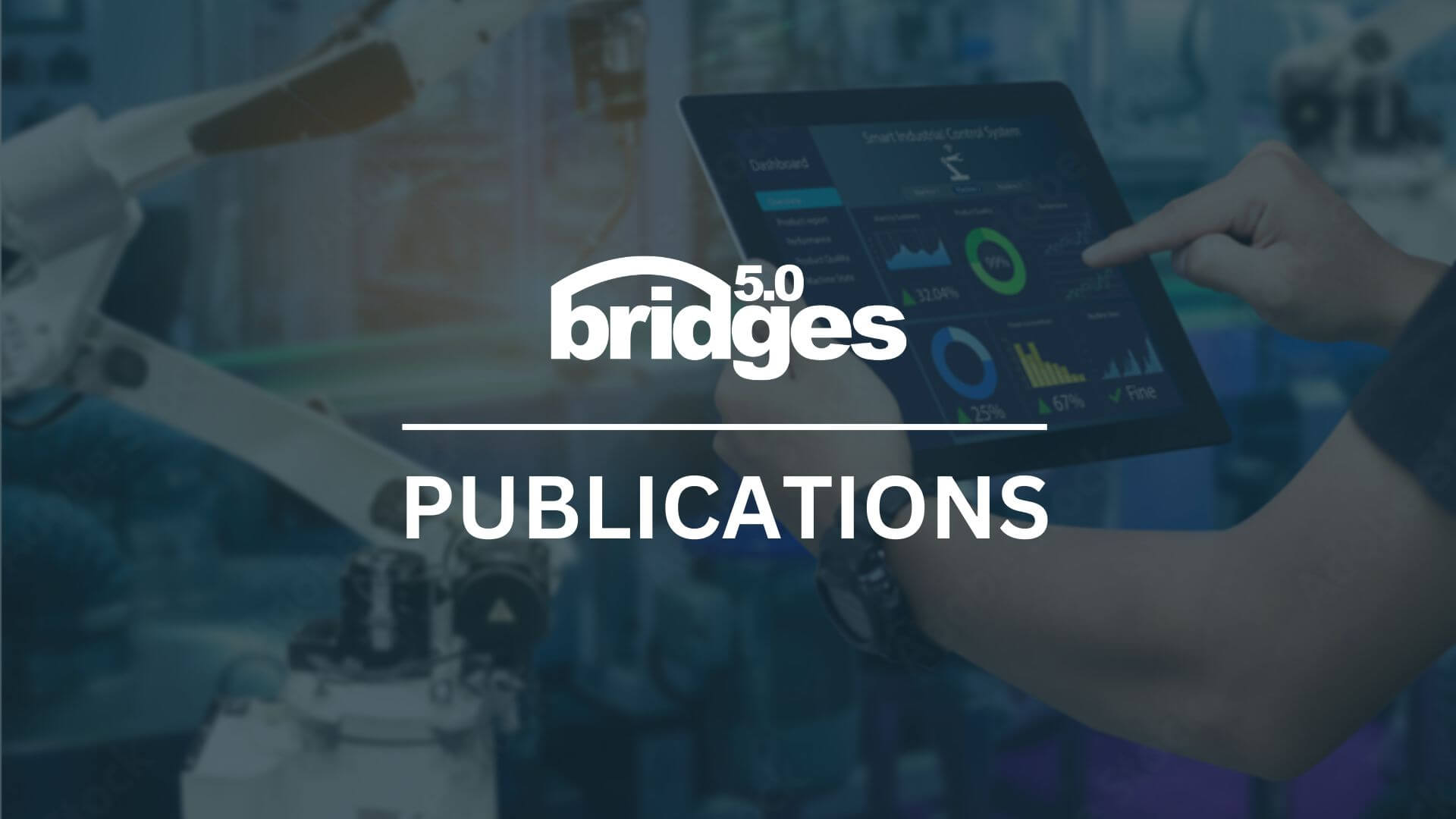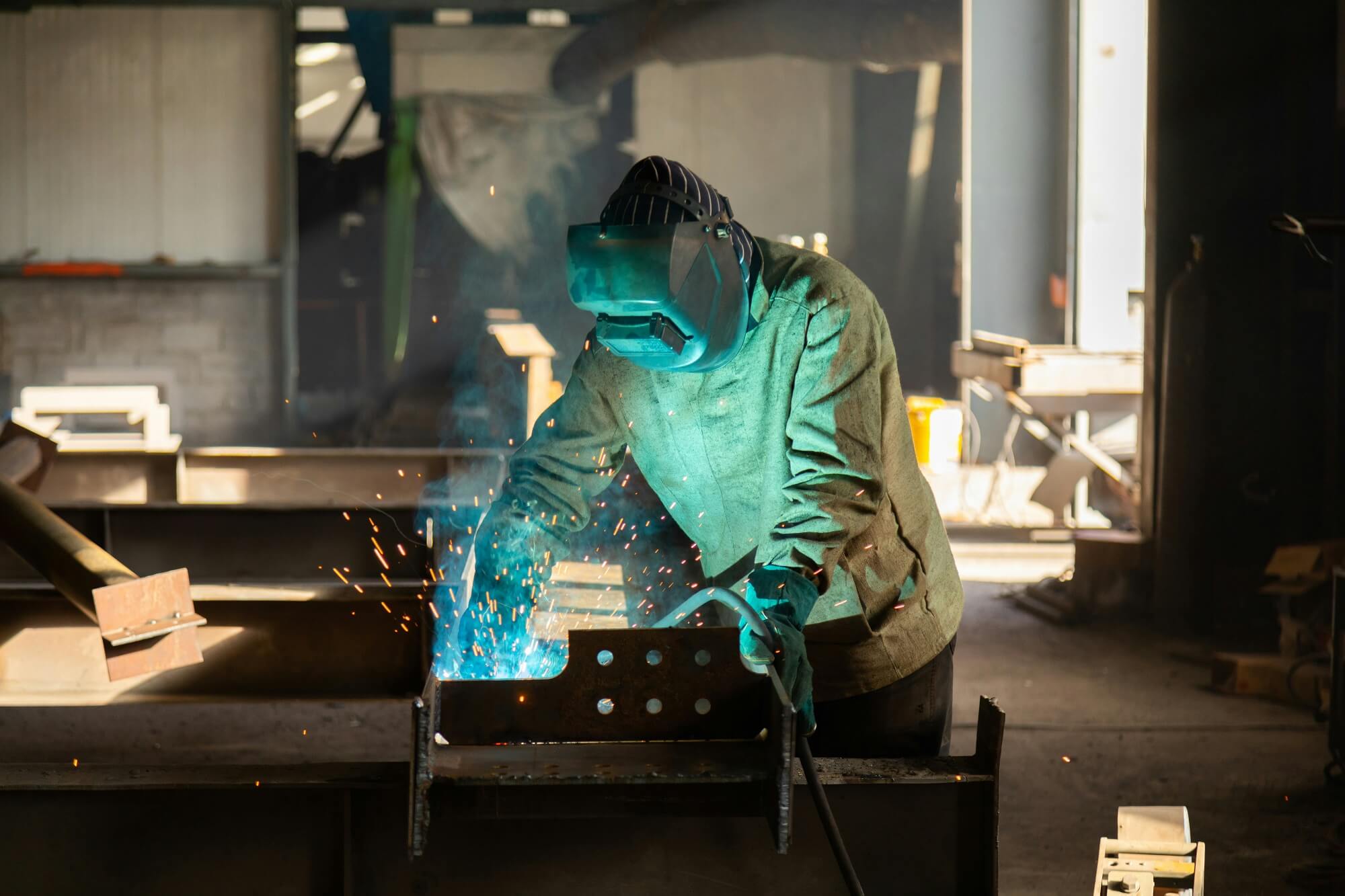
Our world at the beginning of the 21st century could be described in the following terms: fast pace, technology boost, volatility. In 2023, terms such as climate and energy crisis, and shortage of skilled workers, have also become established.
“There is a global digital skills shortage that could mean 85 million jobs are unfilled by 2030. Every business in every sector needs to have a long-term strategy for developing digital skills. This means focusing on diverse skills, offering training on different channels, and customizing the approach to suit different sectors.” Was stated by the World Economic Forum in January 2023 in this respect. (5 ways we can develop the digital skills our economy needs | World Economic Forum (weforum.org))
A picture that makes politicians, companies and scientists think. What opportunities does the technological development offer? and How do we want to deal with it? are the related guiding questions. The European Commission has already presented a way forward to that in 2020: With the term Industry 5.0, the European Commission emphasizes three key motivations for using new technology. In this understanding, digital technology is to be used to support people in companies, to protect the environment and conserve resources, and to lead companies to greater resilience.
In this respect, Industry 5.0 is not a fashionable term or a trend. Rather, it is a call for a responsible and sustainable approach to values with the aim of creating sustainably successful ecosystems. Ecosystems that extend far beyond national borders or individual interest groups. BRIDGES 5.0 is one of the initiatives that make an important contribution to that. The project builds bridges of knowledge and experience between universities, companies, communities of interest and policymakers on the topic of new skills and competencies in an Industry 5.0 world. The Europe-wide consortium started the project activities in Brussels these days with the aim of illuminating, elaborating and concretizing the topic of Industry 5.0 skills on different levels over the next four years, providing examples and deriving recommendations for action for politics and practice in order to strengthen the topic throughout Europe and to sensitize as broad an audience as possible to this future mindset. This project has received funding from the European Union’s Horizon Europe Research and Innovation program under grant agreement No 101069651 and is supported by HaDEA.
If you’re already thinking about tomorrow and the day after tomorrow today, then keep on track with our research results!
Sabrina R. Sorko
FH JOANNEUM
University of Applied Sciences
Institute Industrial Management
Related articles
December 17, 2025








